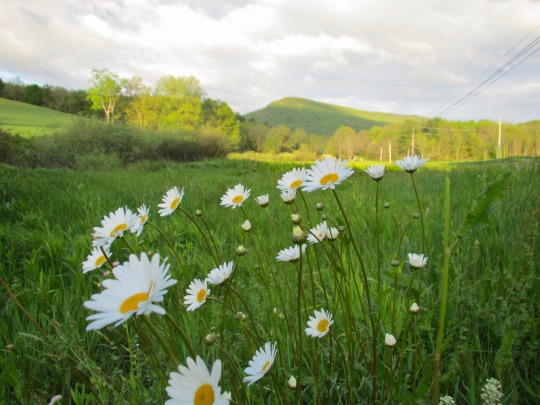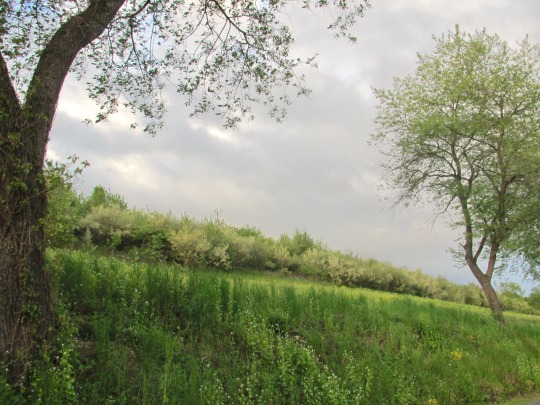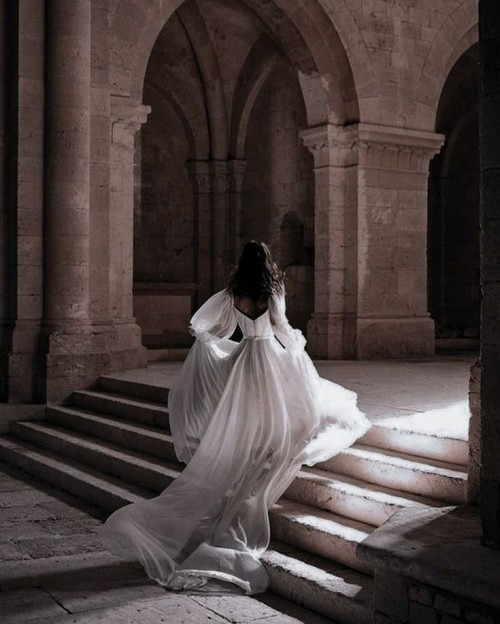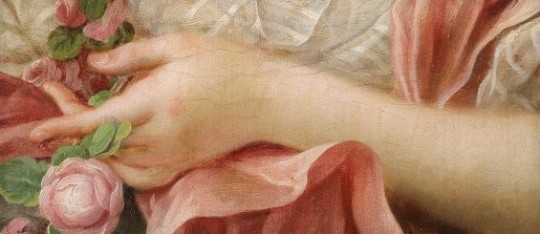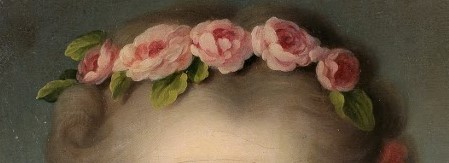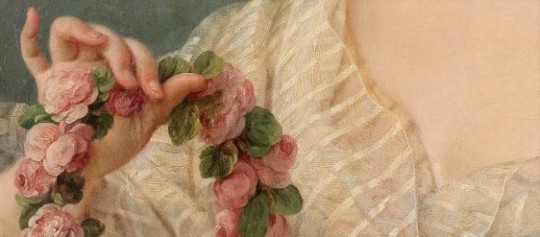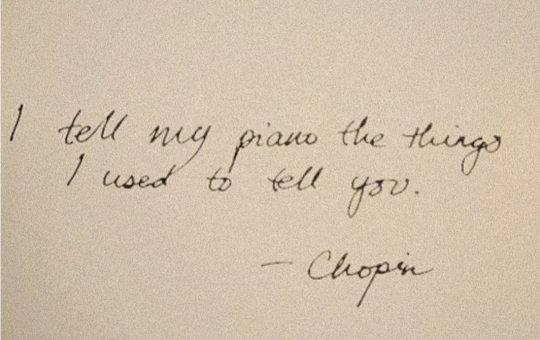From proud noble/royal lines, in. Future Kaiserin of the Occident
Don't wanna be here? Send us removal request.
Text
On the subject of: Micronations
(Note: not written for political purposes, only information on an interesting topic. Not intended to be taken as a serious examination of living monarchies)
While not the most shining example of modern monarchy, monarchist micronations are still an example to be thoroughly examined when considering the implications of creating new monarchies and how they are accepted in the present world.
To start, let’s examine a few living micronations and how they came to be:
Sealand (est. 1967)
The Crown Dependency of Forvik (declared independent in 2008)
Kingdom of Talossa (est. 1979)
Principality of Seborga (claim extends back to Middle Ages)
Each of these has notable claim to independence and has garnered support for their actions both online and in person. Let us begin with examining the famous Principality of Sealand:
Founded in 1967 on a WWII-era Maunsell Fort (originally built to defend against Axis ships, submarines, and aircraft), it was declared a principality by British-born national Patrick “Paddy” Bates after being occupied for two years. The principality faced invasion by British authorities (despite being in international waters) was sacked by mercenaries hired by a former associate of Bates, saw the “Crown Prince” Michael taken hostage, and eventually was given its independence. This micronation is seen as a symbol of independent thought and innovation in the face of adversity. Today, Sealand continues to operate as a monarchist state and has sports teams, sells/produces titles of nobility, passports, currency, and is active in social media. One of the first modern micronations, it has certainly been an interesting addition to British history and has stood as inspiration for later micronations. More information can be found here:
https://sealandgov.org/
The Crown Dependency of Forvik was established in 2008 on a small island within the Scottish Shetland islands. While not as “legitimate” (as much as a micronation can be) as the others listed, this principality has never had a physical population and citizenship can only be obtained through yearly payments online. On the island, though, there are the remnants of a structure that cannot conclusively be identified. It could be anything from a Pictish era fort-type building to a sheep pen. In any case, ownership is disputed between Mark King, the original owner of the island, and Stuart Hill, or “Captain Calamity”, who had shipwrecked there while attempting to sail around the British Isles. The small island was declared a Crown Dependency, making it independent of the British Crown and self-governing. This, Hill claims, has inspired Shetland secessionists and he is actively involved in their movements. According to the Wikipedia page on the Crown Dependency of Forvik (for lack of better source): “Hill cited an arrangement struck in 1469 between King Christian I of Denmark/Norway and Scotland’s King James III, whereby Christian effectively pawned the Shetland Islands to James in order to raise money for his daughter’s dowry. He contended that, as the loan was never repaid and no other legal agreement ever put in place, Shetland remains in a constitutional limbo, and should properly enjoy the status of Crown Dependencies such as the Isle of Man or the Channel Islands. The validity of this was not accepted by the British government.” Now, the Crown Dependency of Forvik serves as a symbol for Shetland secessionists who strive for independence of the British Crown. More information can be found here (with additional links to other references):
https://en.wikipedia.org/wiki/Forewick_Holm
The Kingdom of Talossa (Talossa is Finnish for “within the house”) was created in 1979 in Milwaukee, Wisconsin in the bedroom of 14 year old Robert Madison. It was documented in publications such as Wired and the New York Times garnering interest in the micronation and inspiring people to obtain Talossian “citizenship”. The Kingdom of Talossa developed to the point that the nation has its own language, with an extensive vocabulary based primarily on French. Though claiming an area of only 13 km2 in Milwaukee, the small country claims a population of around 250 individuals from multiple nations that maintain their citizenship primarily online. Talossa takes pride in its culture and language, and is arguably far more developed than other micronations. While the Kingdom of Talossa has a very spread-out “populace”, it is surprisingly close-knit with online forums, occasional physical meetings, and active cabinet involvement from members. For the purposes of this list, the Kingdom of Talossa may be considered the most complex of the given micronations. Between the developed culture, artificial language, and tight community, Talossa is a unique micronation. More information can be found here:
https://talossa.com/
The Principality of Seborga is perhaps the most legitimate on this list. Founded as a micronation in 1963 by Giorgio Carbone, he claimed that Vatican records showed Seborga as never having fallen under the jurisdiction of the House of Savoy, therefore making it a continually independent nation since 954 A.D. The same year as its refoundation, the people of Seborga voted to make Carbone their monarch, styling himself as His Tremendousness Prince Giorgio I of Serboga. The position is not hereditary, and every seven years a new head of state is voted on. After the death of Giorgio I, Italian-Swiss businessman Marcello Menegatto was elected Prince of Seborga and ruled until his abdication in 2019, after which his wife became ruler of Seborga as Princess Nina Menegatto. Although Seborga claims to have been recognized as a sovereign nation by Burkina Faso, which would make it the most legitimate of the nations in this list, and has a (supposed) history of independence dating back longer than a portion of modern nations, the validity of Seborga’s claims to statehood have been speculated by some to be a ploy in the interest of attracting tourists. Even if it isn’t a true, this micronation is unique in its claims compared to others. More information can be found here:
https://www.principatodiseborga.com/pds/
Small sovereignties that claim independence and have potential to grow over time have always existed and always will. The physical borders of a nation are never set in stone. Our world is perpetually shifting politically, which means that as time marches on, countries will appear and disappear; empires will take root and eventually be ripped from their soil; small nations will spring up and fade into the annals of history. Nothing of human design is eternal, nothing is for certain. Micronations offer a unique view into the every-changing world we live in, and are shining examples of humanity’s need for independence, community, and freedom.
11 notes
·
View notes
Photo




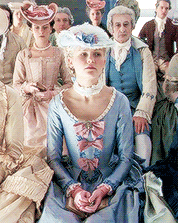


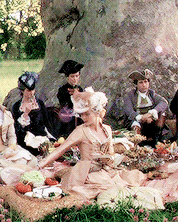

(almost) every marie antoinette costume: [1/?]
1K notes
·
View notes
Photo


22.01.18 || Went to Edinburgh over the weekend. Bought a beautiful book.
7K notes
·
View notes
Text
dark academia study techniques
rewriting your notes, over and over and over again, not worrying about the neatness but paying close attention to each and every word
muttering every bit you know by heart under your breath as you walk down the streets
studying early in the morning, focusing on one sentence or chapter and pondering it through the day
researching things that you have questions about on your own, finding books on that subject and leafing through them
reciting your notes dramatically to your household companion or your stuffed animal
challenging yourself to think, speak, write and consume media only in your target language
eating certain snacks with different subjects and letting the smells trigger your memories
associating each subject to someone you know by sight only
romanticising bits that you have difficulty getting interested in
chanting your notes at night on a classical tune
5K notes
·
View notes
Text
physically i am here..but spiritually i am standing in the lonely scottish highlands right before dusk. wearing a long flowing white dress, hair braided, playing folk songs on my viola
55K notes
·
View notes
Text
i wish i had a window seat with lots of pillows that i could sit in and drink tea and read books in and watch the rain in
270K notes
·
View notes
Text
Ancient Reading List
Peter Watson, The Medici Conspiracy: The Illicit Journey of Looted Antiquities—From Italy’s Tomb Raiders to the World’s Greatest Museums
Diane Ackerman, ‘Smell: An Offering to the Gods’ A Natural History of the Senses
Nikita Gill, from “Great Goddesses: Life Lessons from Myths & Monsters”
An “Odor of Sanctity”: The Iconography, Magic and Ritual of Egyptian Incense, Elliot Wise, p. 71 in: Studia Antiqua 7.1 Spring 2009
Yuval Noah Harari, Sapiens: A Brief History of Humankind
Virginia Woolf, “On Not Knowing Greek,” first published in The Common Reader (1925)
110 notes
·
View notes
Text
A Dark Academic’s Spring:
Fresh pomegranate staining the tip of your fingerprints as you flip through translations of ancient plays, reciting memorized lines to the lingering sun
The kiss of a light blazer dancing over your silk-like blouse like anxious wind over dark seas
Reaching for shy blossoms outside the library, pressing the smallest petal you could find in your classical language course books and notes. It perfumes the fading black ink and lecture hall
White linens and the sounds of a cithara to welcome Persephone; a dash of dried rose petals in your familiar black tea as a final sacrifice.
321 notes
·
View notes
Text


in bed with pomegranate, frilly white dresses, and Roman gods // ig: rosenaufsuden
3K notes
·
View notes

